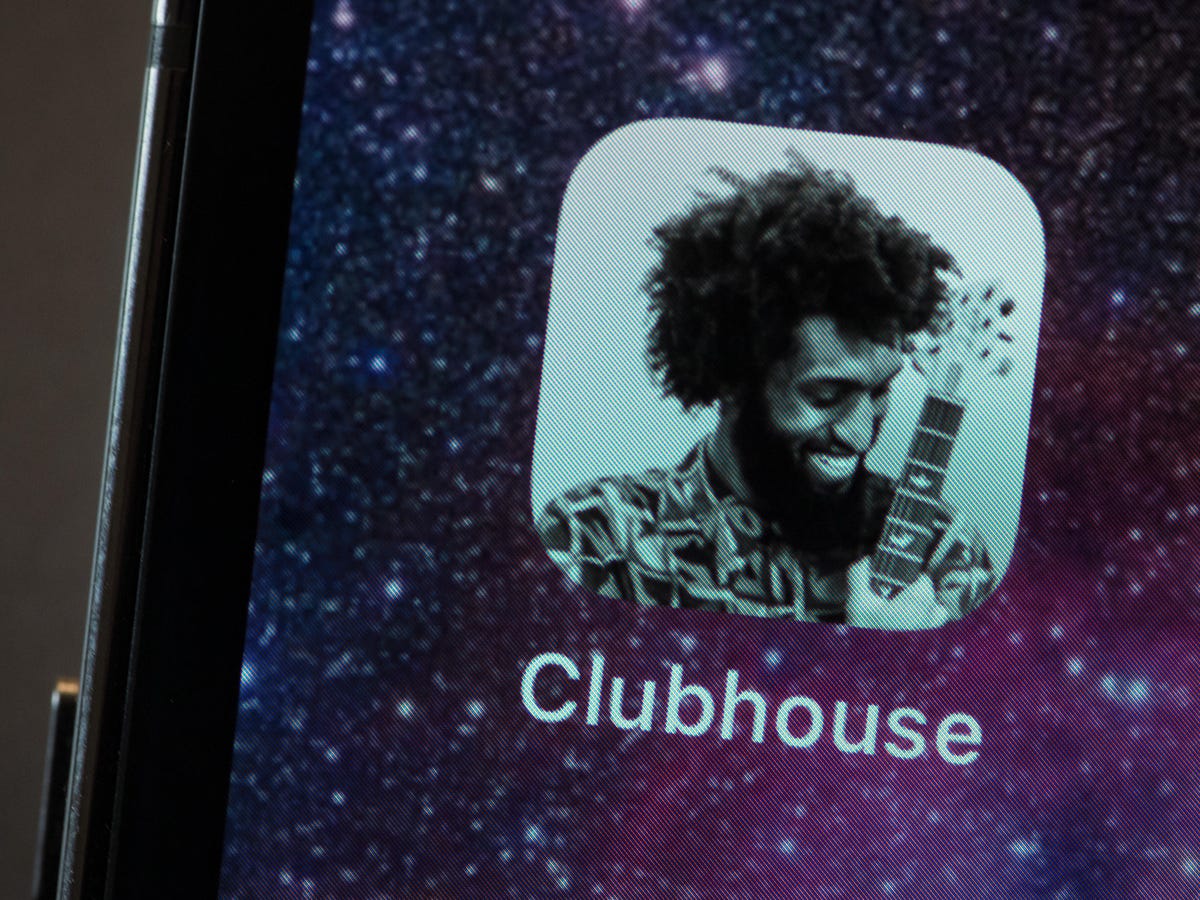Social audio app Clubhouse has now promised a time frame for the launch of its anticipated Android version following its recent hire of an Android software developer last month. In its weekly Townhall event on Sunday, Clubhouse co-founder Paul Davison remarked that the company was working “really hard” to come to Android but said it would take a “couple of months” to make that happen. That seems to indicate a time frame that’s closer to late spring or summer 2021. The Clubhouse had previously said in a late January blog post that it would begin work on its Android version “soon” but had not yet promised any time frame as to when it would be able to bring that version to the public. Instead, most of its statements about Android have been vague mentions of supporting the Android user base and making its app more accessible to a broader audience.

In the meantime, Clubhouse’s biggest rival, Twitter Spaces, has been taking advantage of Clubhouse’s delay in addressing the sizable Android user base by rapidly rolling out support to more people across platforms. This month, for example, Twitter Spaces opened up to Android users, allowing anyone on Android to join and talk inside its live audio rooms. Shortly after, Twitter said it planned to publicly launch Twitter Spaces to the general public in April. That would be well ahead of Clubhouse unless the latter rapidly speeds up development and drops its invite-only status in the weeks ahead.
During Sunday’s Clubhouse Townhall, co-founder Davison explained the company’s approach to scaling to a larger market — like one where Android users participate — as an effort that requires a slower pace when opening up access to more users. He noted that when Clubhouse grows, the discovery experience inside the app can be negatively impacted as a result. He said that users today are seeing more foreign language groups in their feeds, for instance, and are having a more challenging time finding friends and some of the best content.
To address these challenges, Clubhouse plans to make several changes, including tweaks to the app’s Activity feed, tools to give users more control over their push notifications, and the launch of more personalization features — like showing users a personalized list of suggested rooms that appear on the screen when you first open the app. The company believes these sorts of improvements are necessary to make Clubhouse succeed even as it scales its app to a more extensive user base.
That said, Davison also spoke of dropping Clubhouse’s invite-only status as something it hopes to do “in the coming months.” He noted that he wants the app to open up to everyone because “so many incredible creators not yet on Clubhouse who have an audience elsewhere.”
“It’s going to be important that we just open up to everyone,” Davison said. “Android’s going to be important. Localization is going to be very important.” Plus, making Clubhouse more accessible was important, too, he said.
